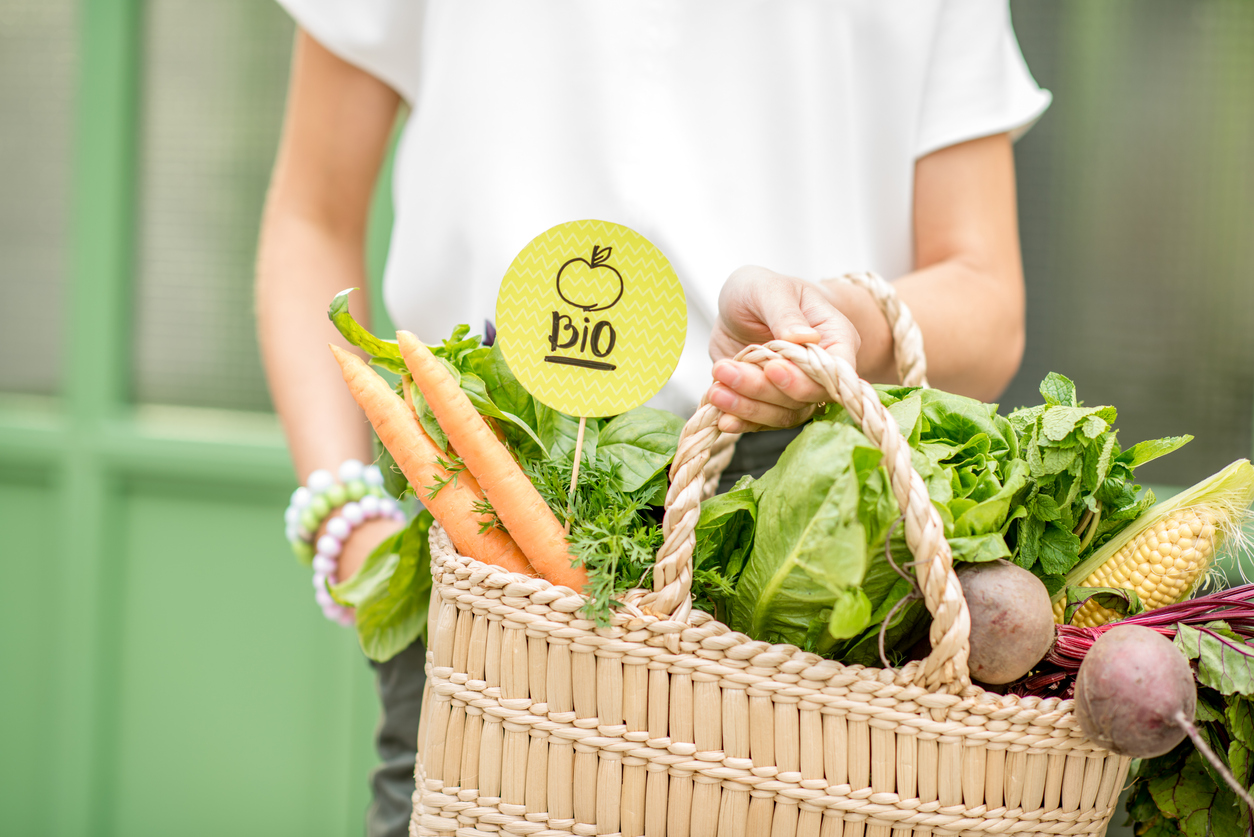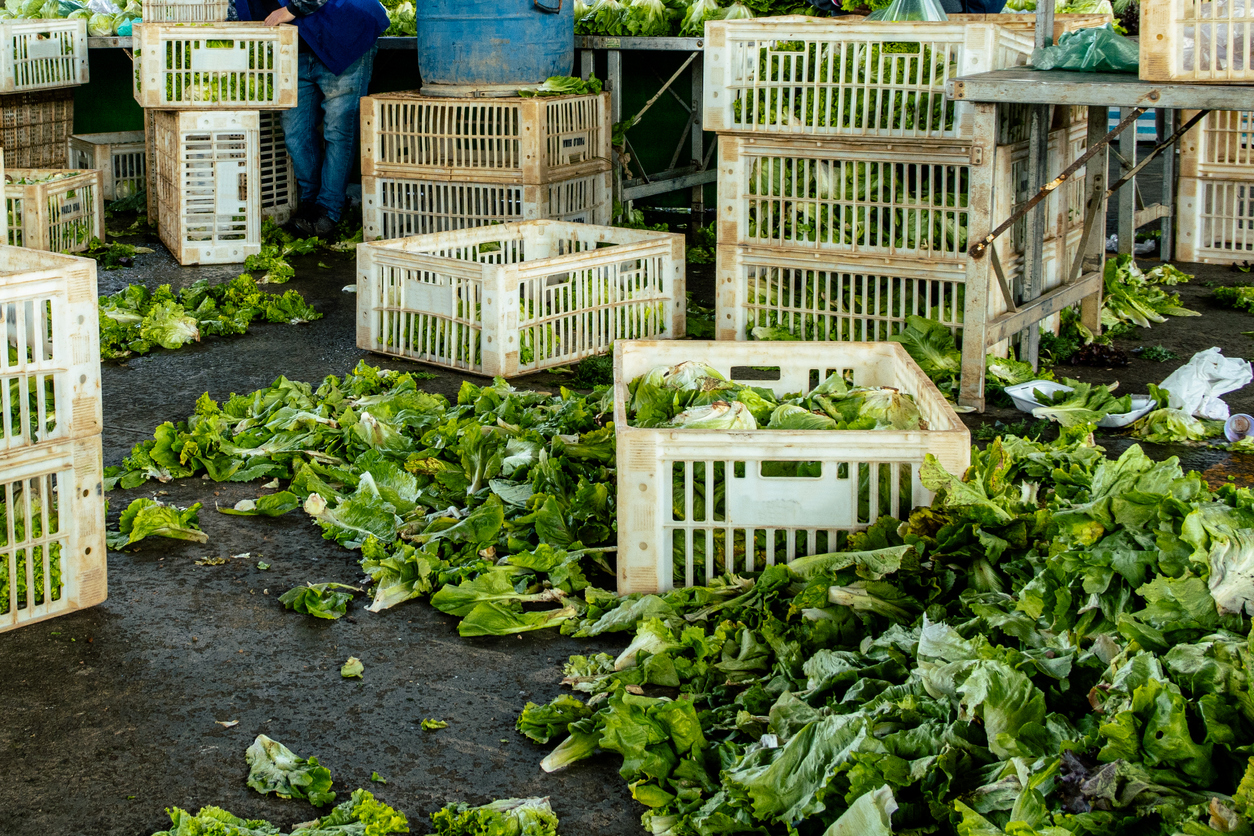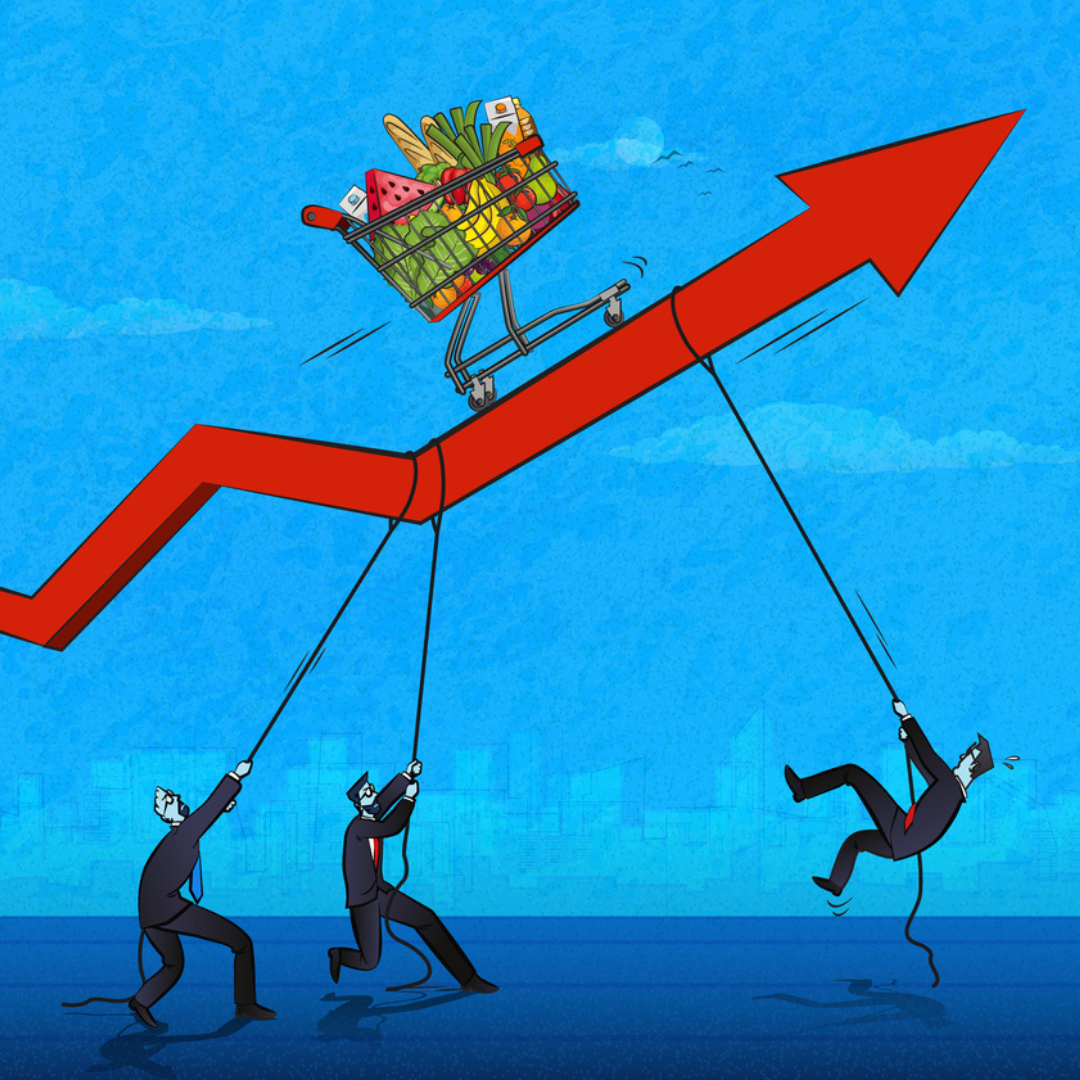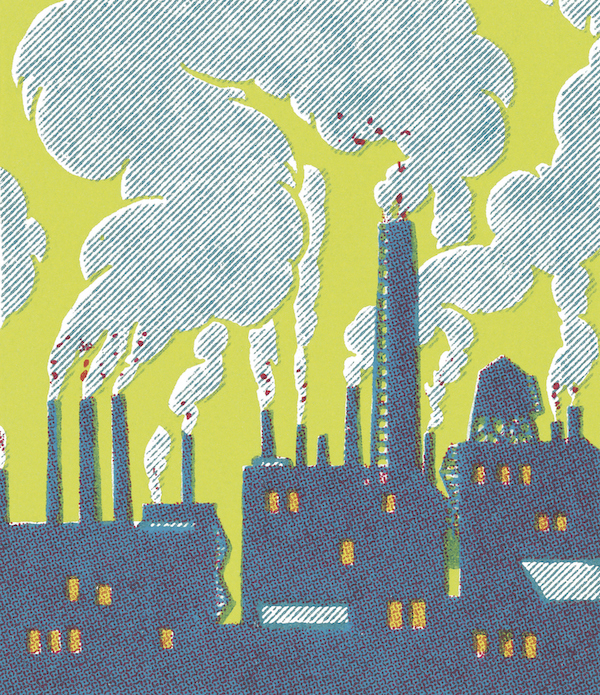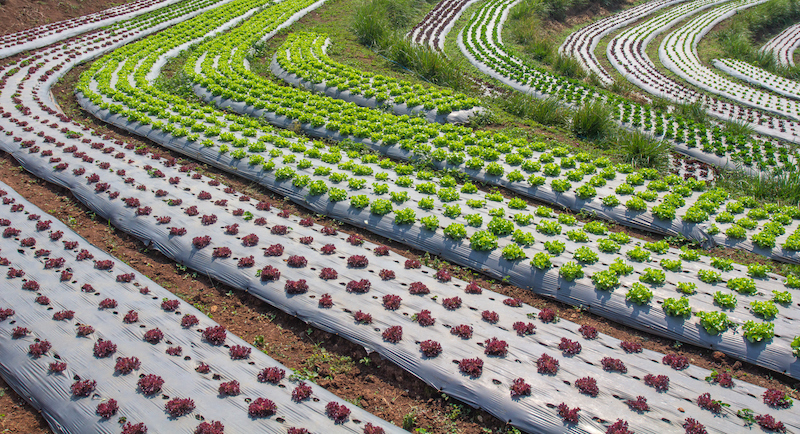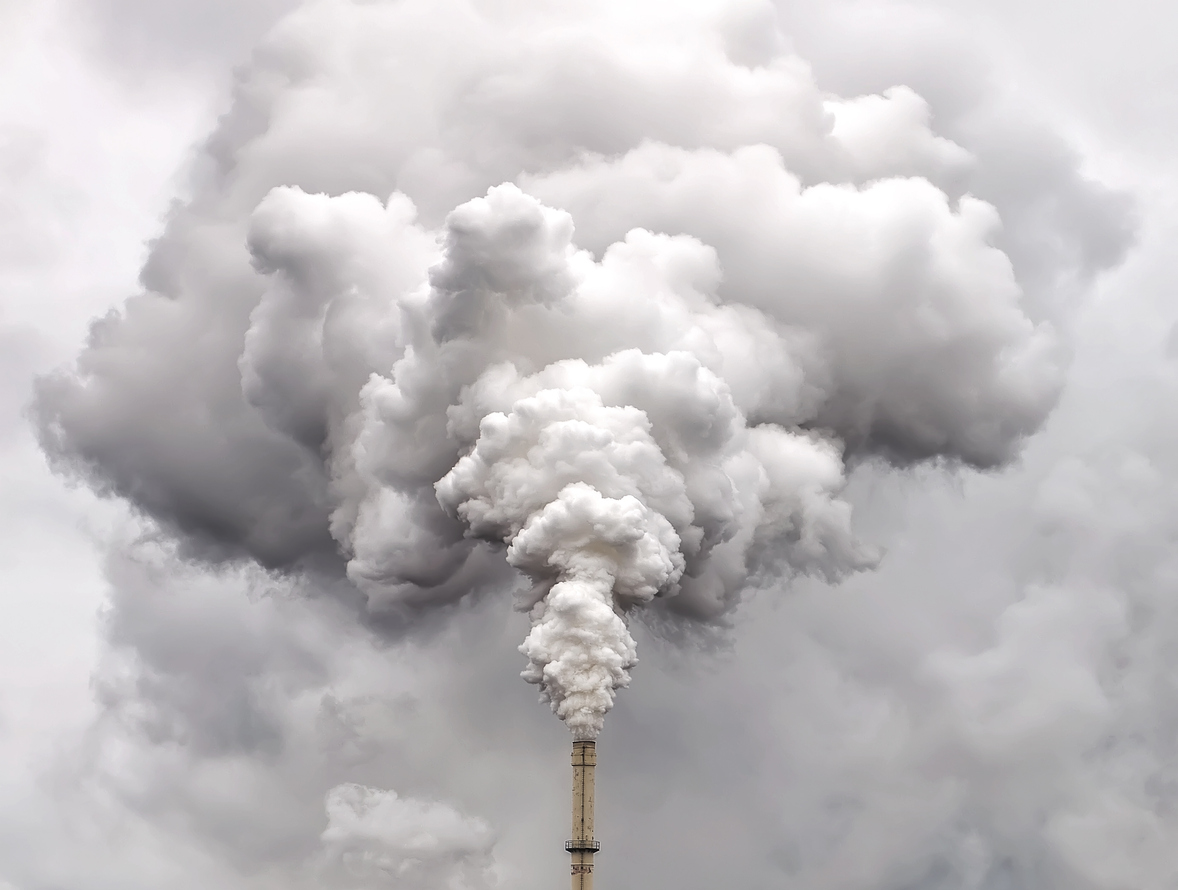In the leadup to Food Matters Live Ascot, we caught up with Dini McGrath, co-founder of The Wonki Collective. With up to 40% of food produced never reaching the supermarket shelf, she shares how the company is leading the battle to keep surplus ingredients within the supply chain and out of landfills.
Could you tell us about The Wonki Collective?
Of course! The Wonki Collective was started by myself and my amazing co-founder Elina about two years ago. We help food producers identify surplus stock using AI machine learning and then utilise our matchmaking algorithm to find other businesses that need these excess ingredients in real time.
Not only does it help tackle the issue of food waste during production, but it also helps manufacturers’ bottom line as they don’t have to pay a waste management company or storage charges month-on-month.
What inspired you to start The Wonki Collective?
Before starting the Collective, I’d worked within the food and drinks industry for over 8 years, where I experienced first-hand the awkward situation food and drink manufacturers must navigate. Positioned between massive retailers dictating everything from store listings to rate of sale, fickle end-consumers who say one thing and do another, and upstream pressures like order volumes and price breaks, manufacturers face significant challenges.
Further complicating the situation, manufacturers sometimes order ingredients up to 18 months in advance, making it very difficult to align projected needs with actuals. Frankly, no amount of data or forecasting can accurately predict what they need every time.
Why focus on surplus ingredients in the supply chain specifically, and how will tackling these inefficiencies impact consumers?
We’ve learned a lot as we journeyed with the Wonki Collective. We started with a broad focus on rescuing excess ingredients and products for the B2C market but soon realised the scalability challenges. That’s why we narrowed our focus to surplus ingredients within the value chain.
“Manufacturers sometimes order ingredients up to 18 months in advance, making it very hard to align projected needs with actuals. Frankly, no amount of data or forecasting can accurately predict what they need every time.”
Our goal is not just about reducing waste but also about making a positive impact on the environment and potentially lowering costs for consumers in the long run. A study by McKinsey a few years back found that eliminating supply chain food waste could save businesses around 5 to 10% on the cost of goods. Just imagine, if this cost saving is passed down to consumers, it could lead to significant reductions in the prices of goods.
Where’s most of the surplus waste you encounter situated along the supply chain?
Food manufacturing is the biggest culprit for food waste along the value chain. While we hear about food waste at a consumer and retailer level all the time, most people don’t know that there’s seven times more waste at the food manufacturing level versus retail.
Are there any technologies or innovations on the horizon to help manufacturers navigate this dizzying complexity and increase forecasting accuracy?
Predictive AI tools show promise in improving forecasting accuracy. However, while these tools can help mitigate some of the uncertainty for manufacturers, they can’t eliminate the unpredictability of consumer behaviour and market dynamics. It all comes back to the same issues of consumers and retailers being fickle, and as such, waste will remain a challenge and can never entirely be prevented.
What are some of the benefits upcycling presents beyond reducing food waste?
Not only does it help companies save costs and generate new revenue streams, but it also contributes to reducing CO2 emissions by repurposing materials that would otherwise go to waste. Plus, brands using upcycled products can score major points with consumers who are increasingly leaning towards sustainable options.
“Just imagine, if this cost saving is passed down to consumers, it could lead to significant reductions in the prices of goods.”
Defra did a huge study around this and found that consumers’ main sustainability want from a brand was for them to not be a wasteful company, so it’s amazing to be able to talk about this from a consumer sustainability standpoint.
How do you think businesses can effectively incorporate sustainability messaging into their marketing strategies?
Each brand is unique and must align its sustainability efforts with its core values and communicate them effectively to consumers. Transparency and authenticity are key here, and brands need to make sure they’re communicating within the tone of voice and guardrails of what consumers expect from them as a brand.
Secondly, you can’t just slap on a bunch of facts and expect it to resonate with your audience. It’s all about making it relatable and meaningful and translating big sustainability numbers into realistic bite sizes people can process.
Do you think that we need legislation to help complement the work you’re doing to tackle supply chain inefficiencies and waste?
Absolutely, regulation would 100% complement our efforts, and the UK could massively benefit from initiatives like those in the EU to support businesses in their battle against waste. Defra is considering a bill right now that would make it compulsory for businesses to record their food waste.
Historically, manufacturers have been reluctant to track ingredient surplus because they didn’t know what to do with it once it had been identified, but we hope The Wonki Collective will incentivise them to act and it offers a powerful solution should legislation come into force.




